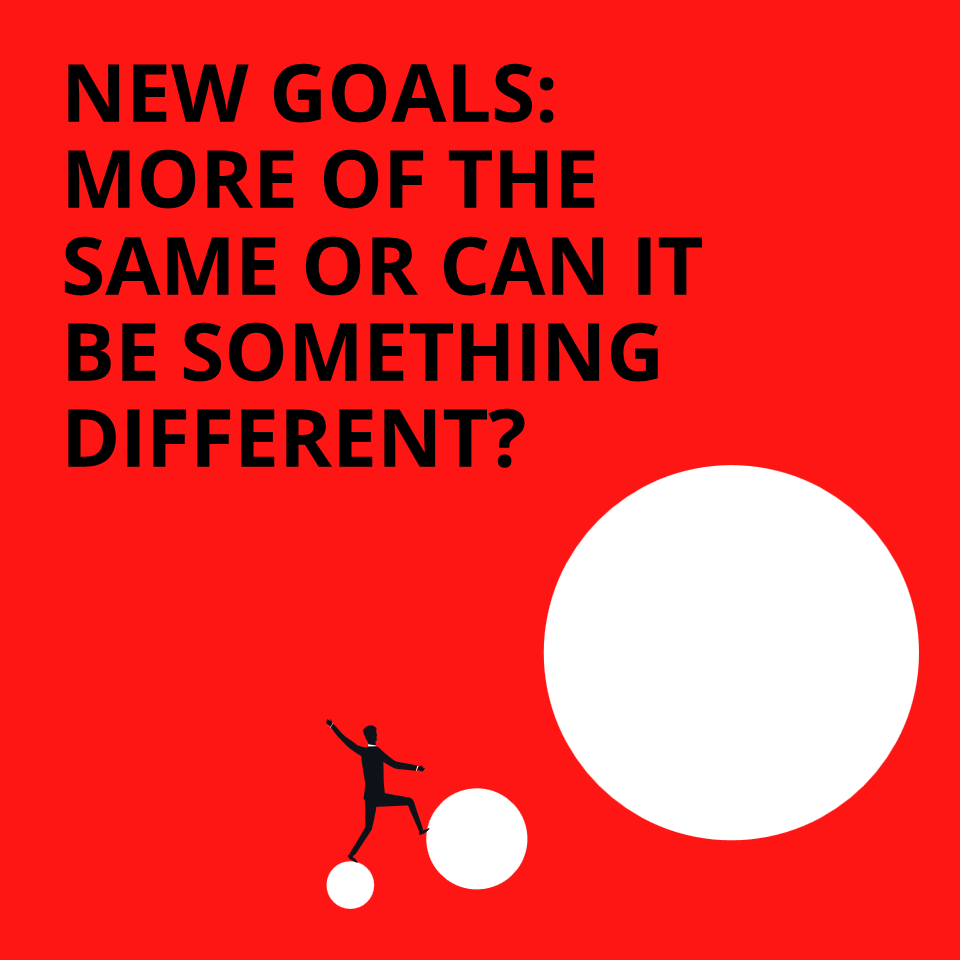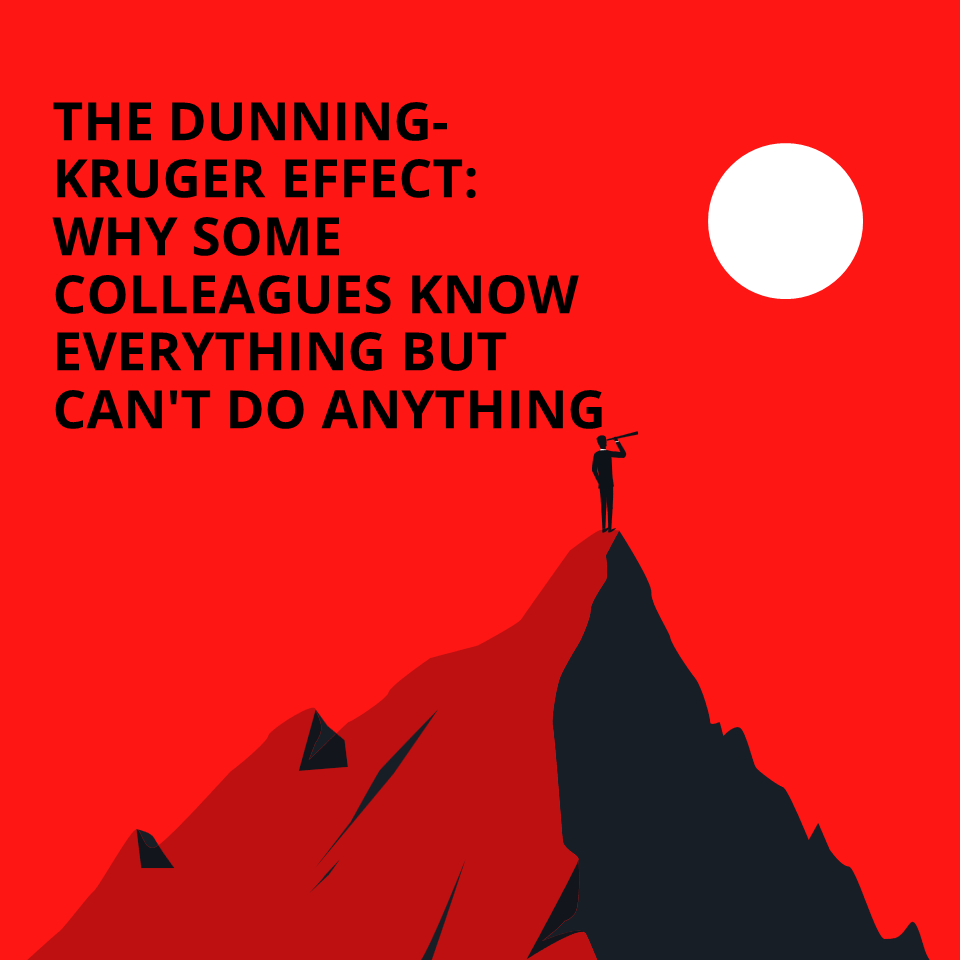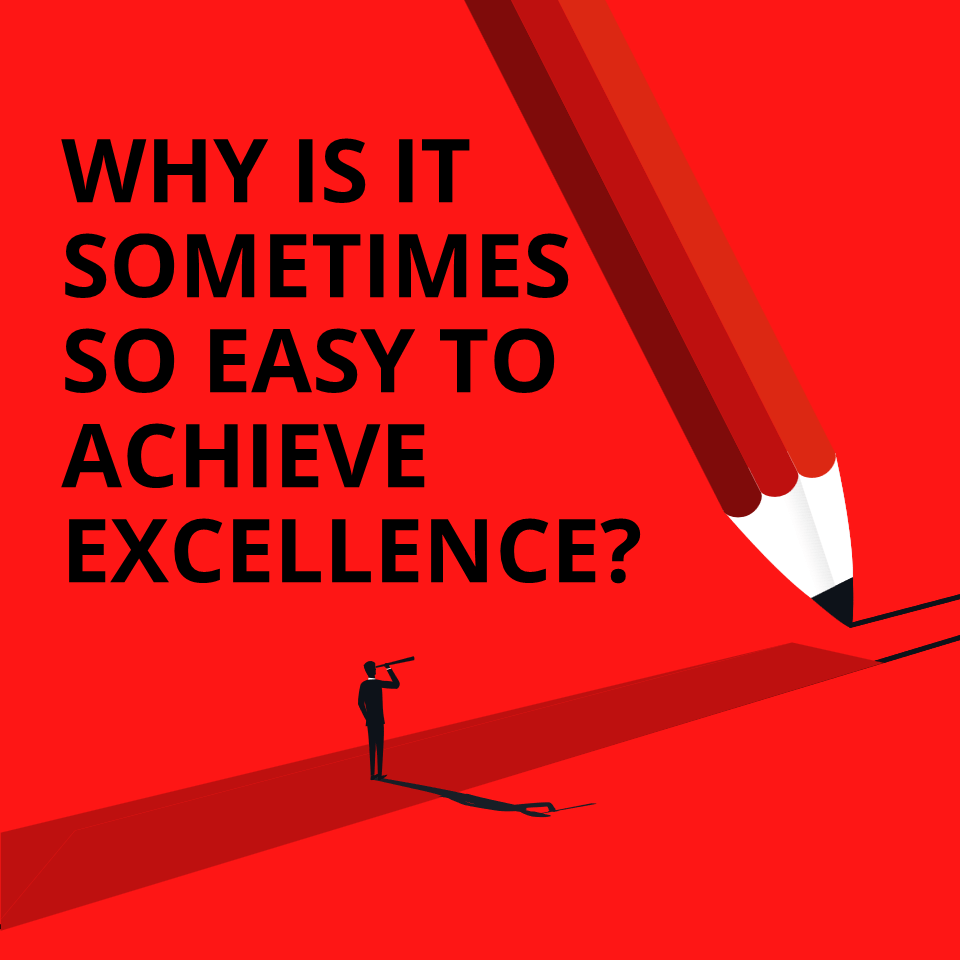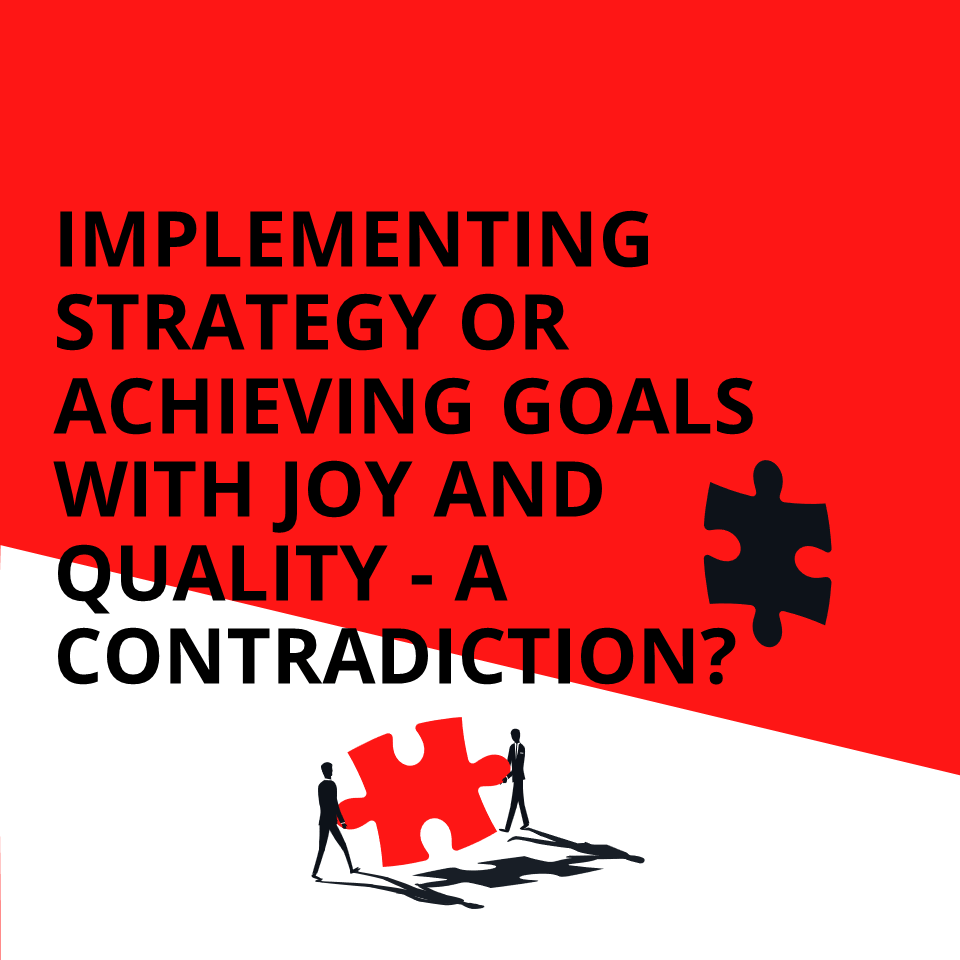Setting the right direction for the coming year is one of the most important activities these days: agreeing on how to implement strategy and business planning in the organization. That some on goals, objectives and key results to shape business and change. But how can this be done even better than in the current year?

As we prepare for the year ahead (or the new phase, the new initiative, …), one step is critical: a retrospective to understand key patterns in behavior and culture, collaboration and performance, and managing complexity and uncertainty. Many of us have been challenged, usually in different ways. This is an opportunity to understand the mindset with which we respond and how we learn.
“Double-Loop-Learning”
“Double-loop learning” means understanding the way we perceive, interpret, make decisions, and derive beliefs about the world around us. This “double loop” learning recognizes that the way a problem is defined and solved may be a cause of the problem. It allows reflection on the mental models of a leadership team. This type of learning can be very useful, for example, when we are looking for how to do better in the future after a year of challenges. Not just for us, but for us, our employees, our business and our environment. It can foster creativity and innovation, and go beyond adapting to change by anticipating or staying ahead of it.
A client with whom we have been practicing this type of learning for a long time writes about it:
“step 5 supported our management team in finding a common direction in terms of content via a sequence of workshops, and also in making our common behavior patterns, convictions and values more explicit and clear. What was particularly convincing was the high level of personal competence, the empathy for our situation and the always goal-oriented approach.”
Strengthening resilience and promoting sustainability
Making double-loop learning and retrospectives an integral part of your processes, workshops, and meetings is a catalyst for achieving your goals, it strengthens your team’s resilience, and it promotes sustainability.
How do you facilitate gaining insights and learnings, understanding them and ultimately translating them into new behaviors and adapted mindsets?
We look forward to chat with you in the comments!
And if you find this post valuable, feel free to share it via the selection below.



